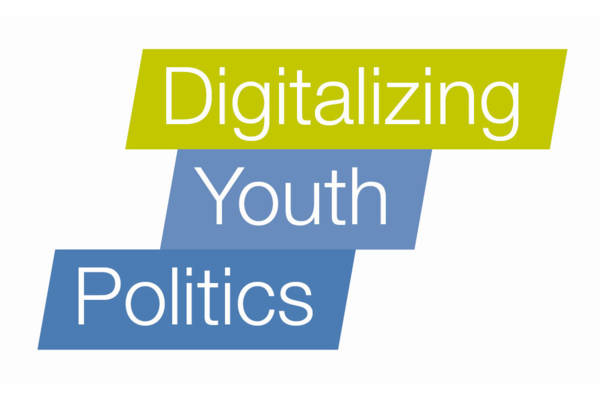Opportunities and obstacles of digital communication for local democratic processes and youth participation in Lower Austria

Background
A body of research exists on the use of social media by political parties and individual politicians in election campaigns on different levels. However, there is less insight into online political activities of citizens. This is especially true for first-time voters and their ways of appropriating the public sphere for their topics. The project focuses on the links and relations between topics of first-time voters, parties and media.
Project goal
Digitalizing Youth Politics investigates the opportunities and obstacles of digital political communication (in particular of social media) for first-time voters to participate during the 2020 local elections in Lower Austria.
The project addresses the following questions:
- How do first-time voters use online channels in terms of topics, forms of communication and language?communication of political parties’ representatives and traditional mass media?
- What differences are there between first-time voters’ topics, forms of communication and language and the (online)
The project strongly contributes to the understanding of the increasing differences between young people and the political establishment in the age of digitalization. It not only generates insights into how exactly young people use online and social media for political and democratic participation, but also tackles the question what role digitalization and the rapidly changing world of (younger) people play in the drifting apart of societal groups.
Expected outcomes
Furthermore, as the focus of this project is on local elections in Lower Austria it provides an opportunity to better understand opportunities and challenges of online participation for young people living in smaller cities and rural areas. The results of the study contribute to help understanding young people’s (socio-political) needs and their ways of communicating. This offers the opportunity for greater inclusion in civic engagement. Results are evidence-based policy guidelines that are designed to improve the (digital) political participation of young people in Lower Austria.
The inter-disciplinary approach, involving e-governance specialists, political scientists, sociologists of media and digital technology and social work sciences enables sustainable cooperation in Lower Austria.
The project team would like to thank the Lower Austrian Research and Education Company (NFB) and the government of Lower Austria for their financial support through the (Life) Science Calls (FTI18-001).
You want to know more? Feel free to ask!
- Donau Universität Krems (Lead)
- Department für Europapolitik und Demokratieforschung
- Department für E-Governance in Wirtschaft und Verwaltung




